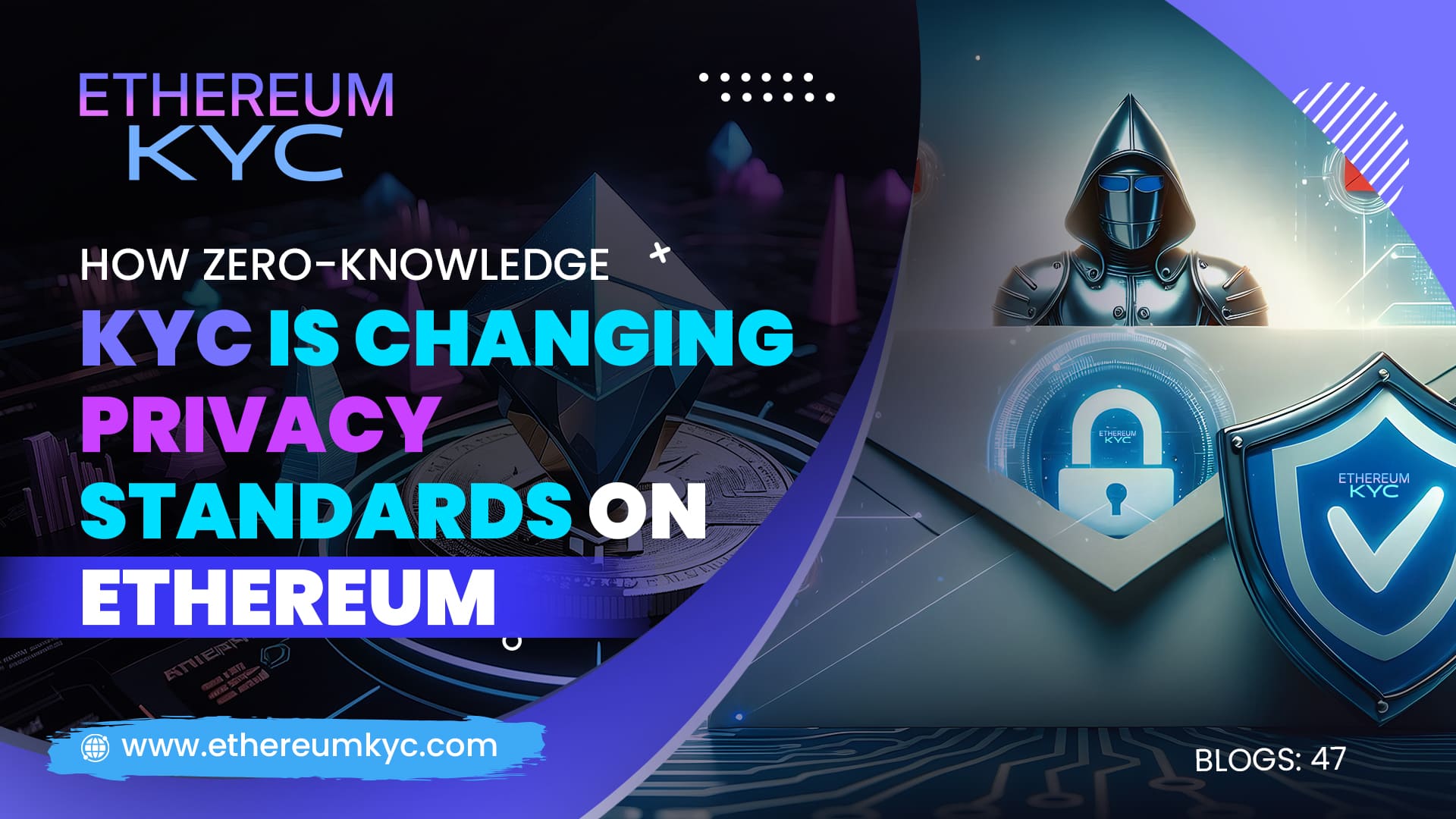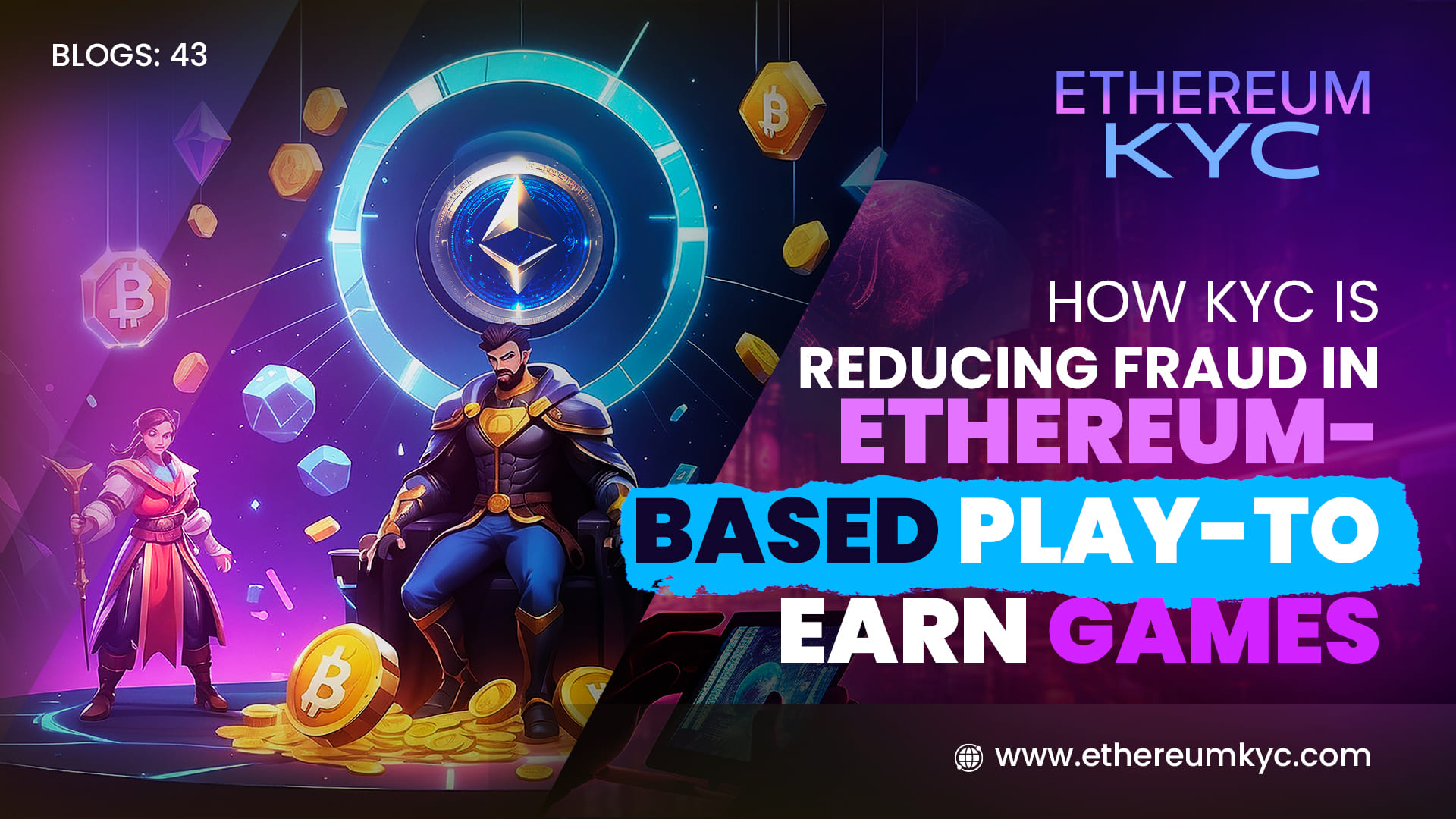June 10, 2025
The Role of KYC NFTs in Streamlining Ethereum Identity Verification
As regulatory pressure increases across the crypto space, Ethereum projects must find new ways to verify users while maintaining decentralization and privacy. One of the most innovative approaches is the use of KYC NFTs—non-fungible tokens that represent a user’s verified status.
These NFTs allow platforms to verify identity once, and then allow users to reuse that verification across multiple dApps, token sales, or governance systems. The result: frictionless onboarding and streamlined compliance.
What Are KYC NFTs?
KYC NFTs are tokens issued to a user’s Ethereum wallet after they complete a Know Your Customer verification process. The NFT doesn’t contain sensitive personal data but serves as a proof of verification—effectively acting as a digital credential.
These NFTs can be:
- Soulbound (non-transferable) to prevent misuse
- Dynamic to reflect updated verification status
- Programmable to expire or update based on policy changes
How They Streamline Identity Verification
- One-Time Verification
Users verify once with a trusted KYC provider and receive a KYC NFT in their wallet. No need to repeat the process on every platform. - On-Chain Access Control
Smart contracts can check for a valid KYC NFT before allowing participation in token sales, DAOs, or gated communities. - Improved UX for Users
No more uploading documents multiple times. The KYC NFT acts as a reusable passport. - Compliance Without Custody
Projects stay compliant without storing user data—reducing legal and technical risks.
Use Cases on Ethereum
- Launchpads: Only wallets with a valid KYC NFT can join a presale
- DAOs: Voting rights extended only to verified members
- NFT Drops: Limit mints to verified users to block bots or region-restricted access
- Staking Platforms: Regulatory-compliant rewards programs
Key Tools & Platforms
- Quadrata
- Civic Pass
- Polygon ID (compatible with Ethereum)
- Humanity Protocol
These services handle the identity verification and issue NFTs that are readable by smart contracts across Ethereum.
Considerations
- Revocation Mechanisms must be in place in case user status changes
- Privacy: KYC NFTs should avoid any public metadata linking to user identity
- Security: Projects must validate NFT origin from approved issuers only
Conclusion
KYC NFTs are revolutionizing how Ethereum projects handle identity verification. They preserve user privacy, reduce redundancy, and help platforms meet compliance standards without compromising the values of decentralization. As Ethereum continues to scale, expect KYC NFTs to become the new identity layer for Web3.





